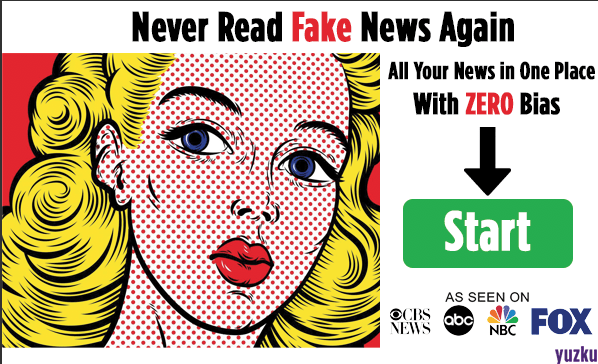China’s Nationwide Social Credit System Could Happen Here in the United States
China has a nationwide social credit system that works much like credit scores, but instead of citizens being ranked by their financial decisions they are scored based on their community service, how timely their taxes are paid, what they post on social media, whether they buy Chinese-made goods, or whether they jaywalk and break laws. If citizens are rated as trustworthy, then they are given better interest rates on loans, discounts on utility bills, while citizens with lower scores are punished by being banned from purchasing plane and train tickets, real estate, and high-speed internet.
One of the reasons for this protest is opposition to facial recognition cameras. Hong Kongers fear introduction of China’s social credit system here. pic.twitter.com/fYThvAS4Fn
— Paul Joseph Watson (@PrisonPlanet) August 24, 2019
In 2018, CBS News reported that there were almost 11 million Chinese who were not allowed to fly and 4 million who were banned from travel by trains. The system was implemented in 2014, and by 2020, the Chinese government plans to have more than 600 million cameras installed. In 2018, China had 176 million cameras in place.
In some big cities in China as well as Shanghai, cameras are able to zero in on jaywalkers to take photos of their faces and shame them on video screens displayed publicly.
Journalist Liu Hu reported that he was banned from travel because he was listed as an untrustworthy person. A judge ordered Liu to publicly apologize for some tweets he wrote, but was later told that his apology was insincere. Liu told CBS News, “I can’t buy property. My child can’t go to a private school. You feel you’re being controlled by the list all the time.”
The Chinese social system might be upsetting to you, but as one article written by Fast Company points out, we aren’t too far from it here in the United States.
”Many Westerners are disturbed by what they read about China’s social credit system. But such systems, it turns out, are not unique to China. A parallel system is developing in the United States, in part as the result of Silicon Valley and technology-industry user policies, and in part by surveillance of social media activity by private companies.”
The Fast Company article explains that American citizens are getting used to being rated by users on services such as Uber, Airbnb, and WhatsApp. But unlike China, private tech companies are enforcing the social credit system and “in the future law enforcement may be determined less by the Constitution and legal code, and more by end-user license agreements.”



 RSS
RSS
